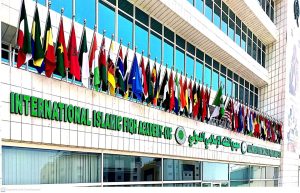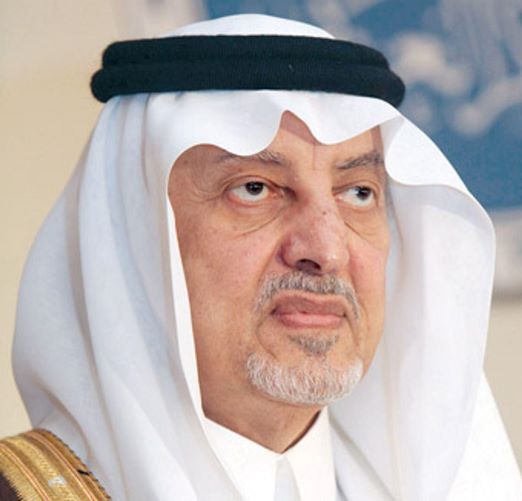
Under the auspices of HRH Prince Khalid Al Faisal, Advisor to the Custodian of the Two Holy Mosques and Governor of Makkah Al-Mukarramah Region, the twenty-fifth session of the conference of the International Islamic Fiqh Academy (IIFA) kicks off tomorrow, Monday in Jeddah, Saudi Arabia.
The session will be launched in the presence of the IIFA President, His Excellency Sheikh Dr Saleh bin Abdullah bin Humaid, the Secretary General of the Organization of Islamic Cooperation, Mr Hissein Brahim Taha, and the IIFA Secretary General, His Excellency Professor Koutoub Moustapha Sano.
The session will be held during the period 20-23 February 2023 with the participation of 200 scholars from the OIC member states with expertise and specialization in Sharia disciplines, economics, medicine, and sociology are participating in the current session to discuss 160 research papers on the issues and topics of the session.
It investigates several vital issues with social and economic dimensions that require special jurisprudential treatment, including “clarifying the shariah ruling on compulsory education (religious and worldly) for both males and females in Islam”, “the impact of Corona pandemic on the Shariah rulings on worships, family and crime”, “the impact of Corona pandemic on the legal rulings on contracts, transactions, and financial liabilities”, and “the ruling on performing prayer (Salah) in a language other than Arabic with or without excuse and the ruling on following a prayer by listening to the mobile phone or the radio.”
The session also discusses “clarifying the rulings concerning social media and its principles”, “Shariah’s vision to address the phenomenon of people of unknown parentage”, “the ruling on abortion due to rape or sex change in Islam” and “the role of the Islamic social financing mechanisms in supporting humanitarian work in areas of conflicts and disasters.”
IIFA Secretary General Koutoub Moustapha Sano explained that this Session examines contemporary issues and problems (nawazil) and considers them by performing collective jurisprudential reasoning (ijtihad) to clarify their appropriate shariah rulings.
“This is achieved through the issuance of jurisprudential resolutions agreed upon among the recognized scholars of Islamic Ummah in the present era,” He added.
Sano expressed the Academy’s gratitude to the host country, the Kingdom of Saudi Arabia, under the leadership of the Custodian of the Two Holy Mosques, King Salman bin Abdulaziz, and HRH Crown Prince and Prime Minister, Prince Muhammad bin Salman, for the permanent care of the Academy and the support given to this Session through the Saudi Permanent Mission to the OIC.
The Secretary-General also expressed the Academy’s thanks and appreciation to HRH Prince Khalid Al Faisal for his patronage of this Session, and to Al-Baraka Economic Forum the Strategic Partner of the Session.
The IIFA is a universal scholarly organization and a subsidiary organ of the OIC. It was established following a resolution at the Third Islamic Summit in January 1981, with a headquarters in Jeddah, Kingdom of Saudi Arabia.
The IIFA’s members are eminent Muslim jurists, scholars, researchers, and intellectuals who specialize in jurisprudential, cultural, educational, scientific, economic, and social fields of knowledge from different parts of the Muslim world.
The IIFA is entrusted with elucidating the rulings and provisions of Shariah on issues of concern to Muslims worldwide, in complete independence and based on the Holy Quran and the Noble Sunnah of the Prophet (PBUH). It also studies contemporary life issues, performing an authentic and effective Ijtihad, aiming at providing solutions stemming from Islamic heritage and open to the developments of Islamic thought.
Read Also
Lastest








